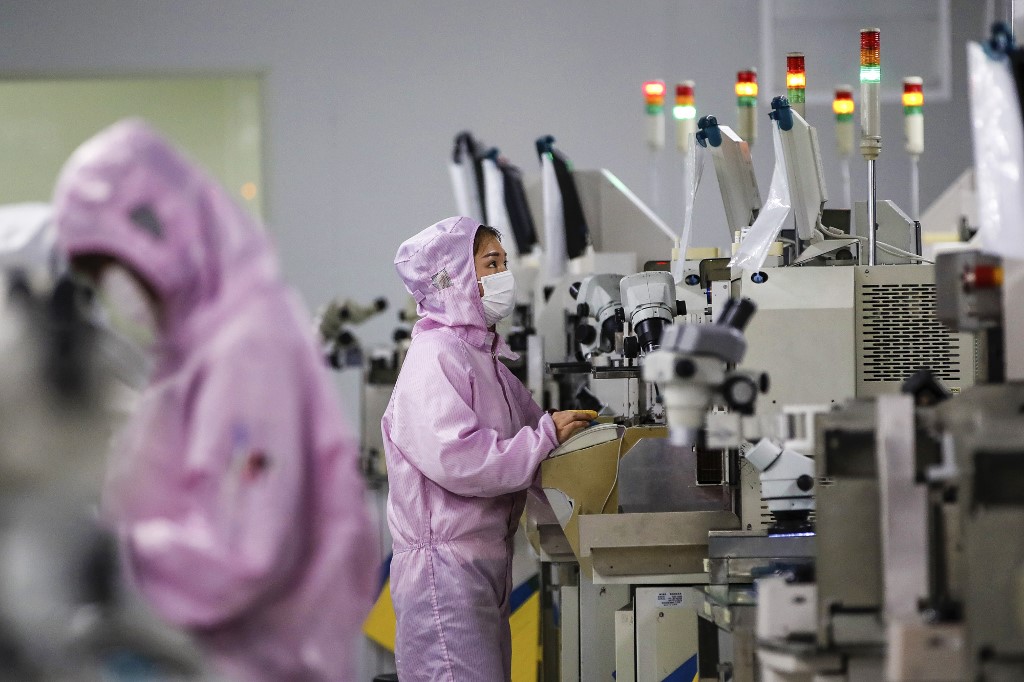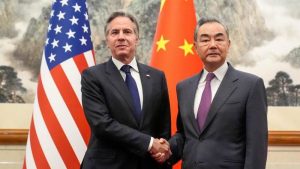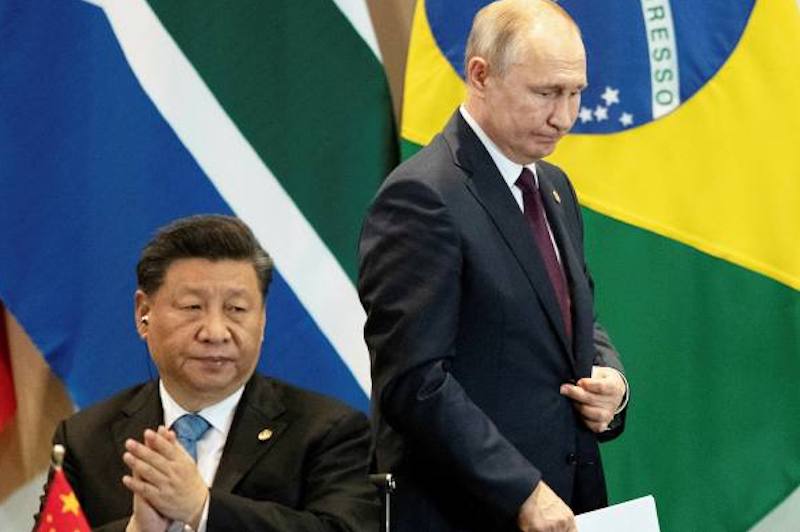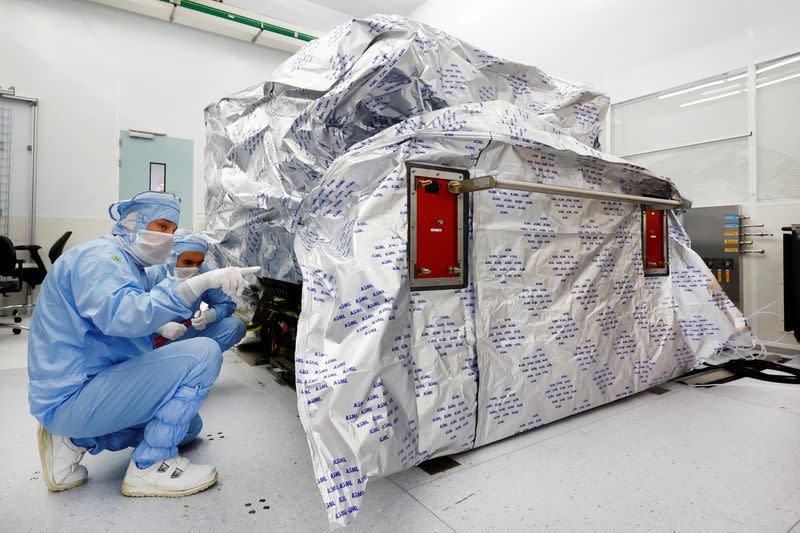Chinese scientists claim they are just three years away from producing game-changing graphene microchips that they hope can catapult China’s tech sector to the forefront of the global chip race.
If true, it could mean new weapons of mass destruction, make smartphones a thousand times faster and dramatically accelerate the world of supercomputing.
But there is scepticism over the Chinese claims that they could transition to graphene microchip production by 2025 with one UK scientist saying China is getting desperate, as it finds itself falling behind the West after US sanctions announced last month hammered its semiconductor sector.
Meeting at China’s International Graphene Innovation Conference two weeks ago, the scientists discussed how they could mass-produce microchips in a way that’s never been done before, by using graphene – a single-layered sheet of bonded carbon atoms – instead of silicon.
Also on AF: Former Chinese Leader Jiang Zemin Dies at 96
But the claims come with China’s Western rivals already working together and steaming ahead of China on the latest chip tech.
President Biden is regularly meeting with leaders from Taiwan, Japan, and South Korea – known as the ‘chip 4 group’ – to further integrate chip technology and production. Taiwan Semiconductor Manufacturing Company Limited (TSMC), who produce 95% of the world’s most advanced chips, is set to build a new factory in the US state of Arizona next year.
Meanwhile, US export controls have dealt a profound blow to China’s technology sector.
It can no longer use US hardware after being blocked from purchasing microchips produced with US technology without an export licence, which is difficult to obtain.
Its military ambitions have also been kneecapped – as it’s starved of the chips it needs to power the supercomputers that it would rely on to develop nuclear weapons and power tech in the battlefield.
“To put it mildly, [Chinese companies] are basically going back to the Stone Age,” a director at China Renaissance said to the Financial Times.
US patents also prevent China from duplicating material combinations used in US chip production, and US citizens are also barred from working with Chinese microchip firms.
Other nations have followed the US’s lead in freezing out China – the UK recently blocked the Chinese takeover of its leading microchip factory, Newport Wafer Fab. Germany, did the same this month, blocking a Chinese $85 million buyout of its chip company Elmos.
Graphene Chips ‘A Distant Future’
The Chinese have little choice, the Director of the UK’s National Graphene Institute at the University of Manchester, Profesor Vladimir Falko, said – they have to explore graphene and other materials for microchips to find a way around US sanctions.
Currently, all the world’s microchips are made from silicon. But a graphene microchip would offer ten times better performance than this.
This is due to the material’s higher energy output, first discovered in an IBM lab test in 2010. A graphene chip could be 100 times smaller and more efficient, Zdnet reported, drawing less power.
But Profesor Falko added: “In my view, graphene chips are a distant future. There is a lot of wishful thinking from those aiming for them to reach markets in 2025.”
There are also scientific issues, Falko went on. “It is still unknown if graphene chips could be integrated in information processing devices, or communicate with other chips.”
For China, being the first to crack graphene may be its best remaining chance to save its microchip industry and catch up to Western technology.
As many as 3,740 companies including the Chinese word for “chip” were deregistered between January and August this year, the South China Morning Post reported, after 3,420 the year before.
The sector is on the brink of desperation, it said.
- By Alfie Habershon
Read more:
UK Blocks Chinese Takeover of Microchip Factory in Wales
Taiwan’s TSMC Founder Meets Kamala Harris to Talk Microchips
China Chipmaker SMIC Predicts Weak Demand in 2023 – SCMP
























